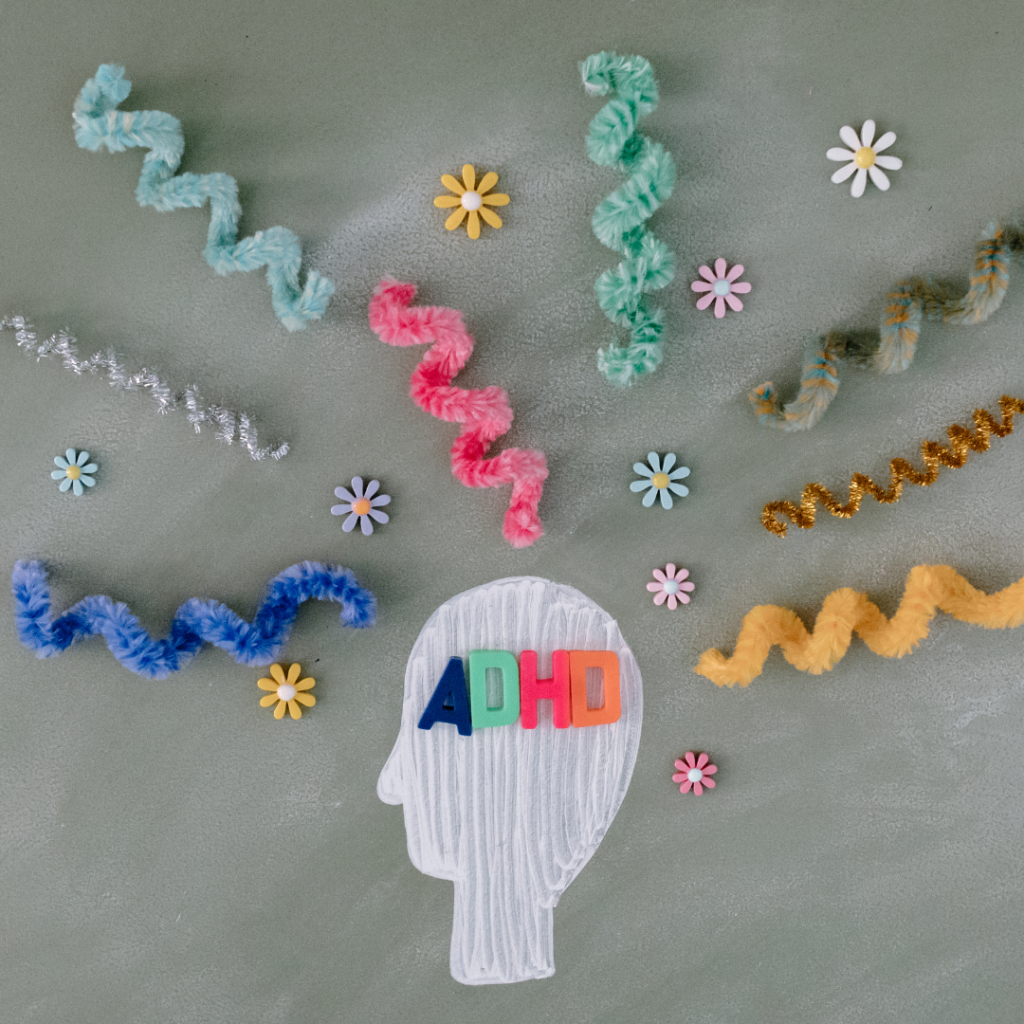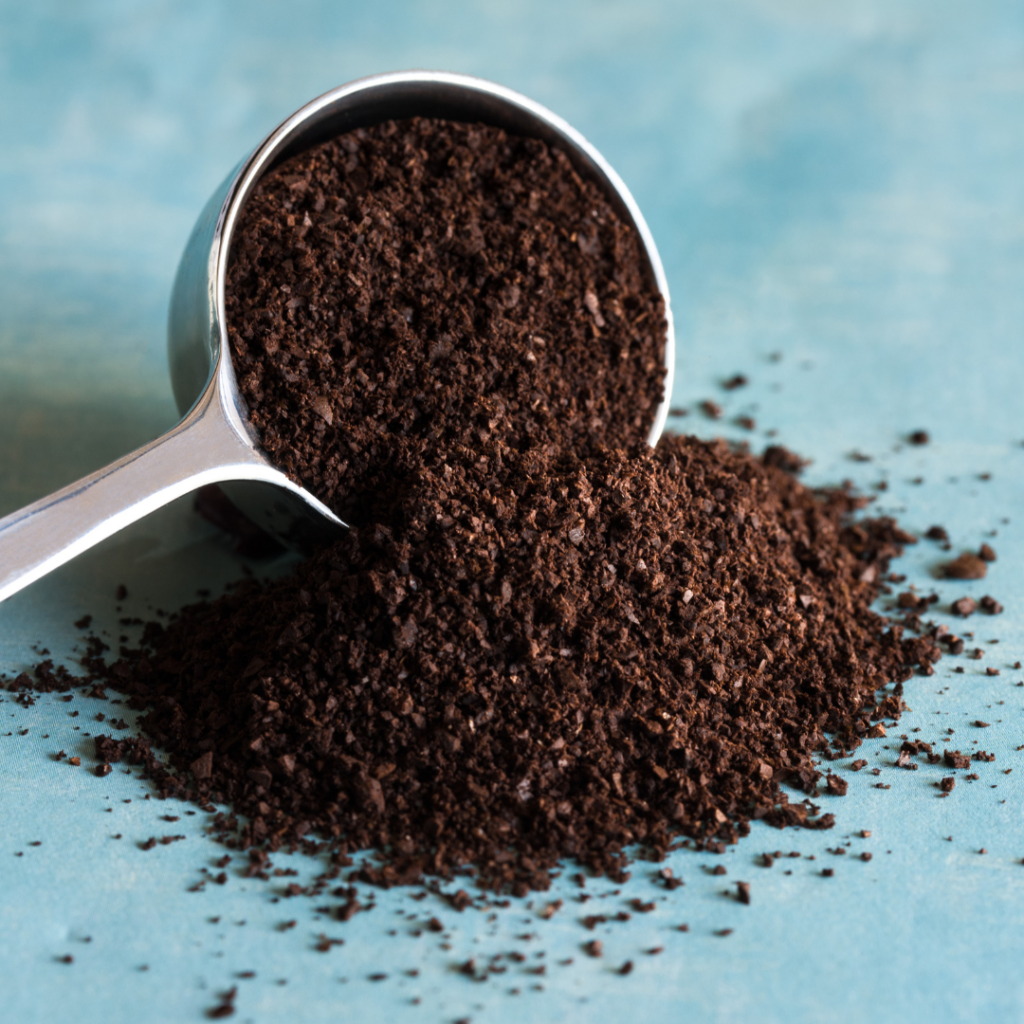I have inattentive ADHD. In 2021 I was diagnosed, and since then we have managed and viewed life understanding more about why I am the way I am. I am currently not medicated. With the agreement of my medical practitioner I self manage most symptoms and ADHD issues. Part of that is using caffeine.

Caffeine is a stimulant, which might explain why it helps some people with ADHD. ADHD is often treated with stimulant medications like methylphenidate or amphetamines, which work by increasing the activity of certain neurotransmitters in the brain, particularly dopamine and norepinephrine. These chemicals help with attention, focus, and self-control, which are the main areas where people with ADHD tend to struggle. Caffeine acts in a similar way, though on a smaller scale, by blocking adenosine receptors and boosting dopamine release, leading to increased alertness and attention. How you manage ADHD symptoms does also depend on what type of ADHD you have, and what issues you face within that.

People with ADHD often experience sluggishness, difficulty concentrating, and a sort of mental fog, which can make it hard to complete tasks or stay on track. Caffeine can help sharpen focus and provide a temporary boost in energy. It’s not as strong as prescription ADHD medications, but it can have a noticeable effect, especially in situations where someone needs to concentrate for a short period of time. Think of it like a mini, over-the-counter stimulant that can give you a bit of a push when you’re feeling mentally drained.
Interestingly, the way caffeine affects people with ADHD can be different from how it impacts those without the condition. While caffeine might make a neurotypical person feel jittery, overexcited, or anxious, people with ADHD might experience a calming effect, allowing them to focus better. This is similar to how stimulant medications, though seemingly counterintuitive, help people with ADHD by calming the brain and allowing for more organised thinking. It doesn’t mean caffeine is the perfect solution or substitute for actual ADHD treatment, but it can be a helpful tool in some situations.
Some people with ADHD find that a cup of coffee or a caffeinated drink can take the edge off their symptoms, especially when medication isn’t an option or when they need a quick fix. However, it’s not without its downsides. Too much caffeine can lead to trouble sleeping, which is already a common issue for people with ADHD. It can also cause increased anxiety or heart palpitations in higher doses, so it’s a bit of a balancing act. Caffeine tolerance can also build up over time, meaning that the more you consume, the less effective it might be in managing your ADHD symptoms.

It’s not as strong as prescribed meds, but for those who don’t want to rely on stimulants all the time, it can be a decent alternative for a quick boost.
It works for me. It’s not perfect and at some point I may consider medication (more on that another day) but for now, caffeine in the form of decent coffee, literally, keeps me sane, so to speak.
*this is my lived experience with support from the medical professionals that work with me. Please always seek professional support. Just because someone on Instagram says it works for them, doesn’t mean it’ll work or is right for you…